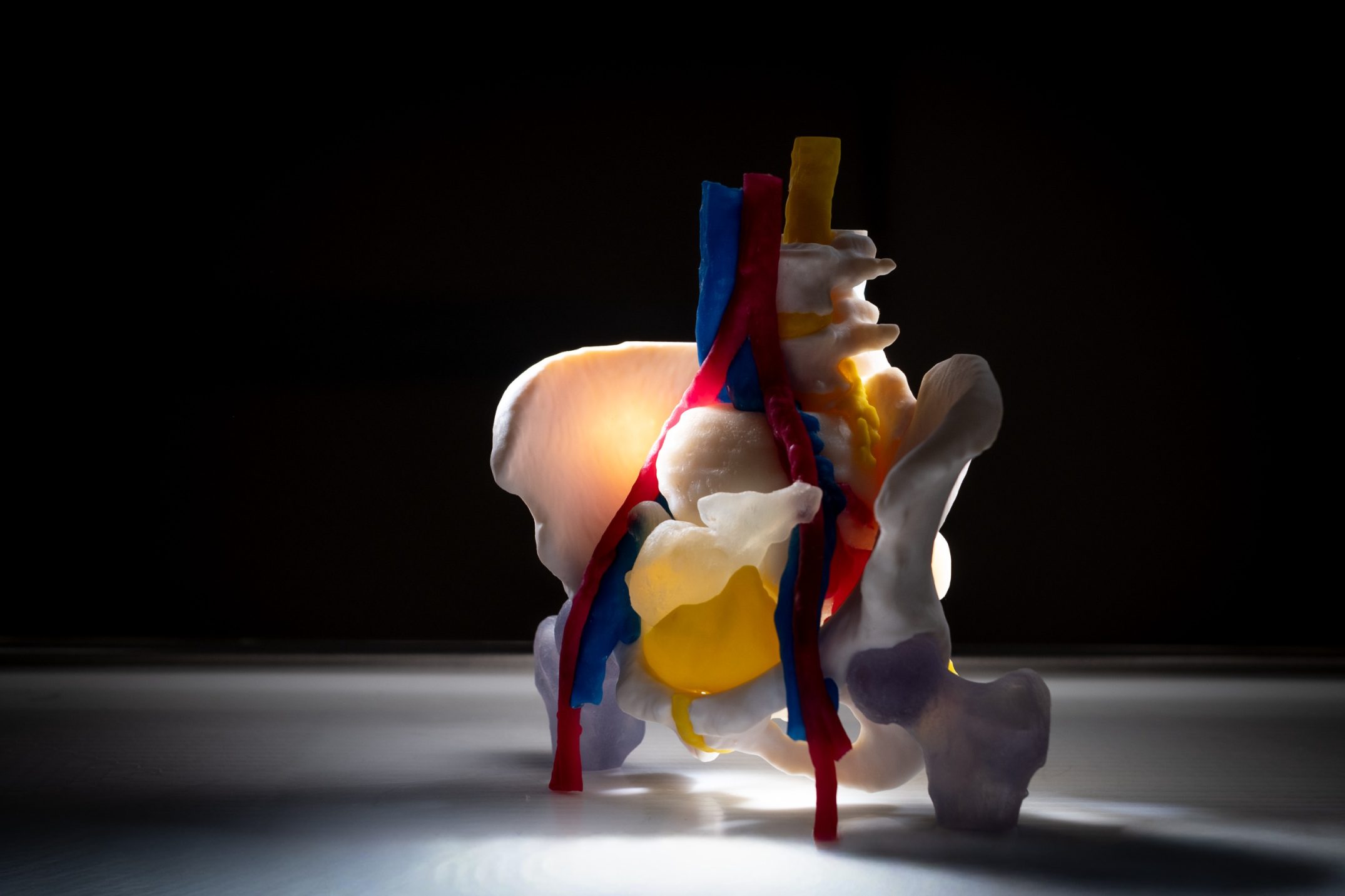Food, physical exercise and a healthy lifestyle help fight water retention and herbal teas can be a great ally in the process as well. Why not act in advance and prepare for the beach ahead of time? Even if you cannot sense its effects day by day, water retention plays a part to your daily physical condition. Moreover, it is seen as one of the causes of “orange peel”, an imperfection many women are wary of.
Herbal infusions can aid individuals who suffer from water retention because they help expel liquids and waste from the body. They can lead to the decrease in swelling of the stomach, buttocks and legs.

Many teas have diuretic and draining characteristics: “The so-called water retention or the accumulation of fluid below the skin, must be fought in a global perspective. As an end product of certain diseases, treatment with certain drugs is possible. In any case, proper food, diet, physical exercise and minimized smoking and drinking can improve blood and lymph circulation. It is crucial to drink plenty of water even when you don’t feel like it, at least 1.5 liters per day. Even the infusions that help in draining can have beneficial effects” – say experts at Humanitas Hospital.
What are the best draining herbal teas?
“A low-sodium diet with a lot of vitamin C ameliorates water retention and protects the capillaries. It may have herbal teas made from asparagus, birch, cherry, horsetail, Bermuda grass, nettle and dandelion. They are common as natural diuretics and also have flavonoids and vitamin C”.
 Vitamin C, also known as ascorbic acid or L-ascorbic acid, is anyway common in food and used by some as a dietary supplement.
Vitamin C, also known as ascorbic acid or L-ascorbic acid, is anyway common in food and used by some as a dietary supplement.
Herbal teas are made through a process that uses roots, leaves, seeds and flower parts found in herbal medicine. The draining effect may have a diuretic effect. Water and the extracts handled to prepare infusions stimulate diuresis or the expulsion of urine and some waste with it.
What are the best herbal teas for diuresis?
“Horsetail, Birch, Couch Grass, Anise, and Nettle can stimulate diuresis. Excellent diuretics are also orthosiphon or Java tea, as well as hawkweed, artichoke and burdock with their anti-inflammatory properties” – announces the specialist.






